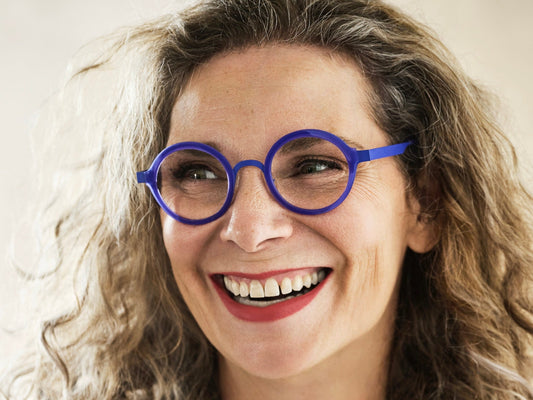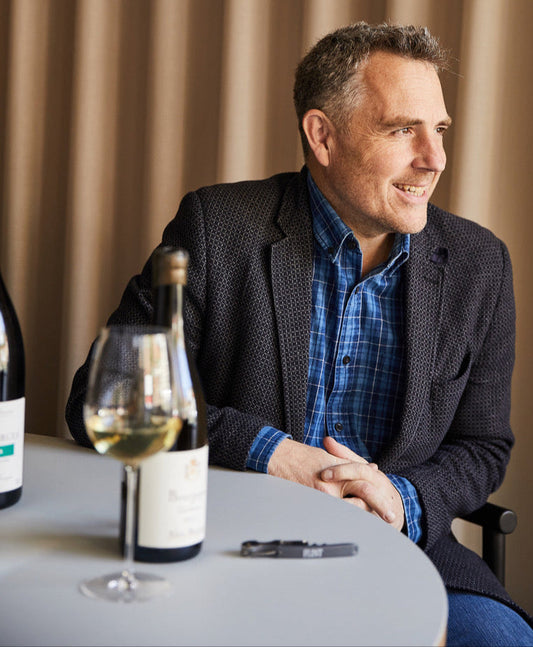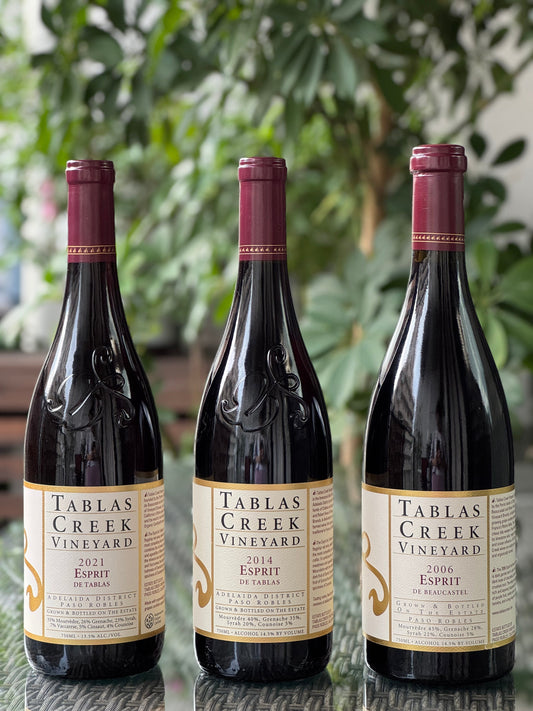| At first glance, no one would take Steve Pannell for a member of the aristocracy. On the morning I meet him at his McLaren Vale winery, he’s wearing slightly crumpled khaki shorts, a stripey T-shirt and several days’ worth of greying stubble on his chin. Make no mistake, though; if Australia’s winemaking community had a peerage system, Pannell would have full rights to an ermine cloak and a seat in the Lords.
Pannell’s links to the wine trade began early. He grew up on his parents’ wine estate, Margaret River’s acclaimed Moss Wood, then travelled the world, working for producers in Burgundy and Barolo. Back in Oz, he became head red winemaker at BRL Hardy, one of Australia’s biggest wineries, in the 1990s – then, several award-winning vintages later, Pannell quit corporate life to set up on his own.
Like many Aussie winemakers of his generation, Pannell’s initial aim was to focus on two of the country’s most classic varieties, Shiraz and Grenache. But an intense heatwave in 2008 caused Pannell to re-evaluate what he was trying to do.
‘I live in a climate that’s similar to Greece and Sardinia,’ he says. ‘As a result, I was making Shiraz at 15.5% alcohol – but great wine shouldn’t be over-ripe. Wine should taste of where it comes from, it’s a way of translating the landscape – you shouldn’t have to dilute your wine or acidify it. The less I have to do as a winemaker, the better a grape variety is suited to the place.’
The upshot of Pannell’s epiphany was that he began to search for grapes that were well adapted to the Australian climate. He wasn’t about to give up on Shiraz and Grenache (especially when planted in the right place), but he also began working with a portfolio of alternative varieties.
These days, Pannell makes wines with Italian grapes – Barbera, Nebbiolo and Fiano – as well as Iberian natives – Tempranillo and Touriga Nacional. He’s particularly excited about the potential of Assyrtiko, a white grape from Greece.
And Pannell is not alone in his enthusiasm for the exotic. Once-staid South Australia, the heartland of Australian viticultural conservatism, the homeland of bold Shiraz, ripe Grenache and lush Chardonnay, has caught the bug. The Mediterranean climate of McLaren Vale and the slopes of the Adelaide Hills are at the epicentre of the State’s alternative varietal movement, but even the Clare Valley – best known for its rectilinear Rieslings – is flirting with a weird, wonderful range of grapes. (The state of Victoria sees a fair share of the exotics action too.)
Grapes that were once just listings in technical text books now gain critical plaudits. The Australian Alternative Varieties Wine Show, once a niche-interest event, goes from strength to strength. This year’s competition (the 19th) features classes for 36 different styles, each based on expressions of an extraordinary range of grapes. Aussie wine lists and bottle shops are heaving with home-grown versions of Vermentino, Albarino, Gruner Veltliner and Fiano, not to mention Sangiovese, Saperavi, Graciano, Nero d’Avola and Dolcetto.
Over in the Clare Valley, the Koerner brothers Damon and Jonathan won the 2019 Young Guns of Wine accolade, awarded in part for the excellence of their Corsican blend of Sangiovese, Grenache, Malbec, Sciacarello and Carignan. Damon thinks that Australia’s current interest in a broad portfolio of grapes is a movement whose time has come. ‘Alternative varieties are becoming so widely accepted here,’ he says, ‘that many people no longer consider them to be alternative.’ | 



